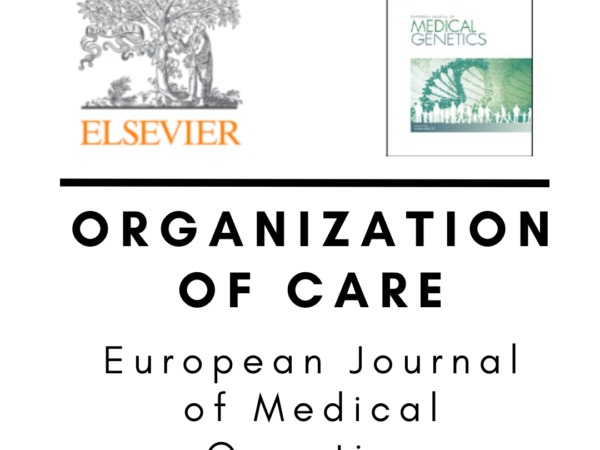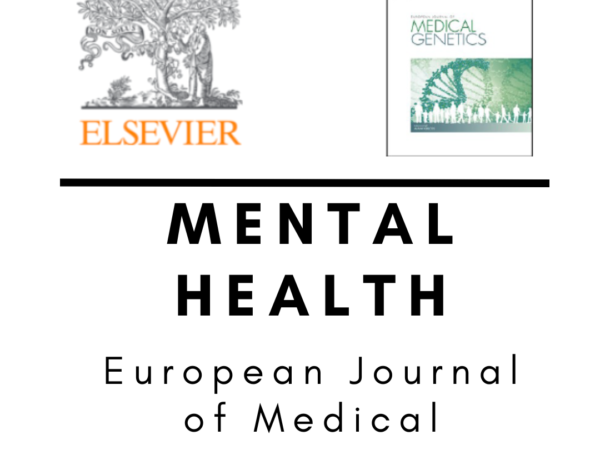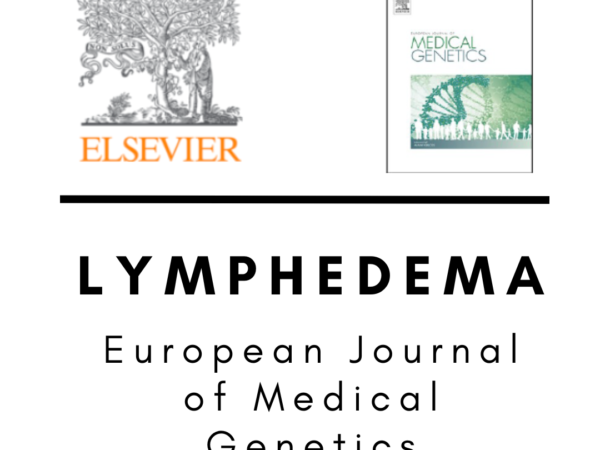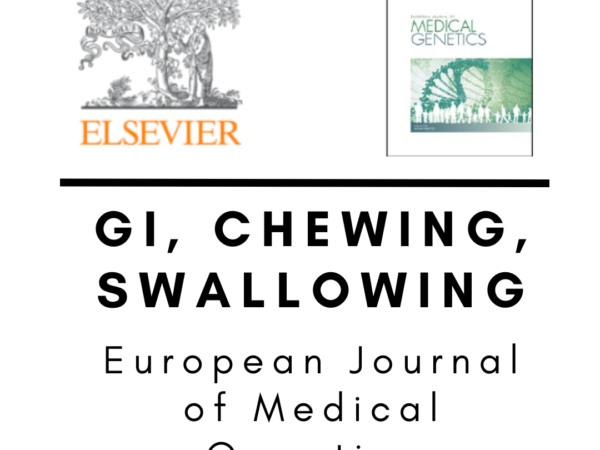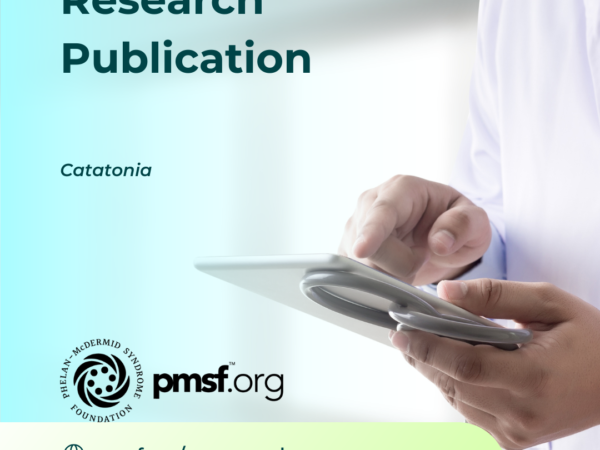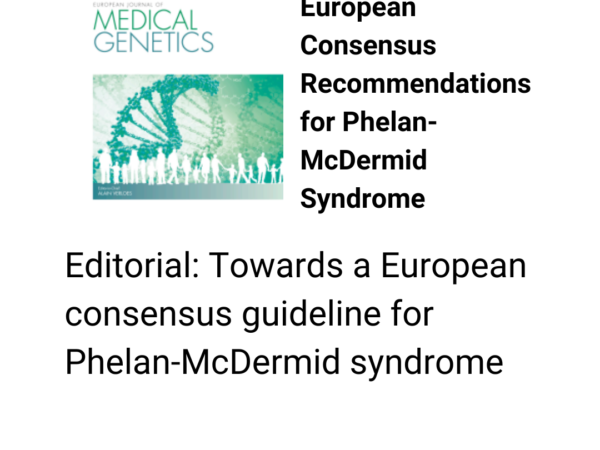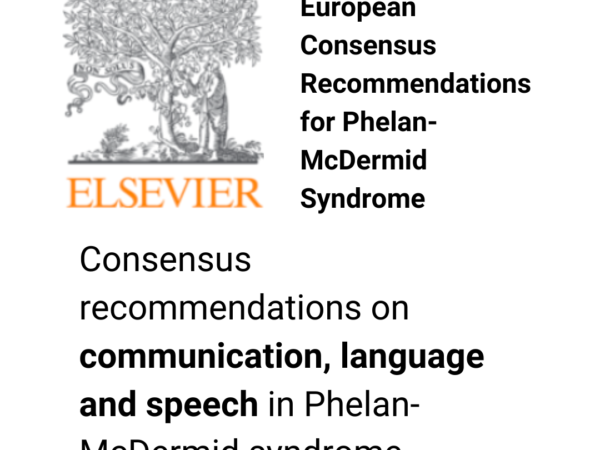In 2001, Katy Phelan and Heather McDermid described the clinical and cytogenetic characteristics of 37 people with a 22q13.3 deletion(Phelan et al., 2001). The 22q13.3 deletion syndrome was since then referred to as Phelan-McDermid syndrome (PMS) (OMIM#606232).Later on, the deletion of a single gene, i.e. SHANK3 (OMIM#606230),was found to be responsible for the majority of the clinical features.Individuals with a pathogenic variant in SHANK3 appeared to have a similar phenotype, that is also referred to as Phelan-McDermid syndrome (Schon ¨ et al., 2023, this issue; Vitrac et al., 2023, this issue). Sincenot all individuals referred to in the original publication of Phelan and McDermid may have had a deletion 22q13.3 including SHANK3 there has been some debate on how the phenotype should be called whenSHANK3 is not involved. Consequently, a distinction in different types ofPhelan-McDermid syndrome has been proposed: PMS SHANK3-relatedand PMS SHANK3-unrelated (Phelan et al., 2022).

